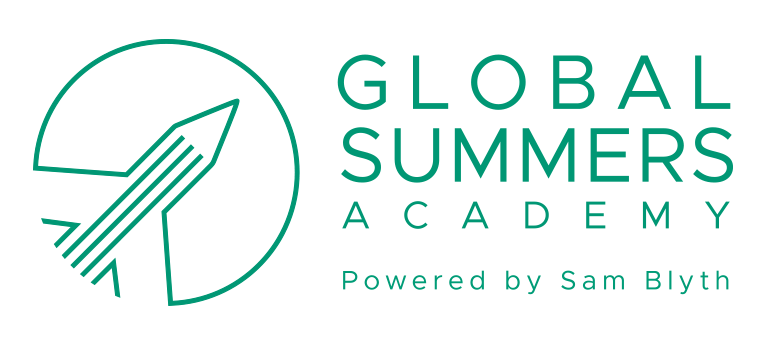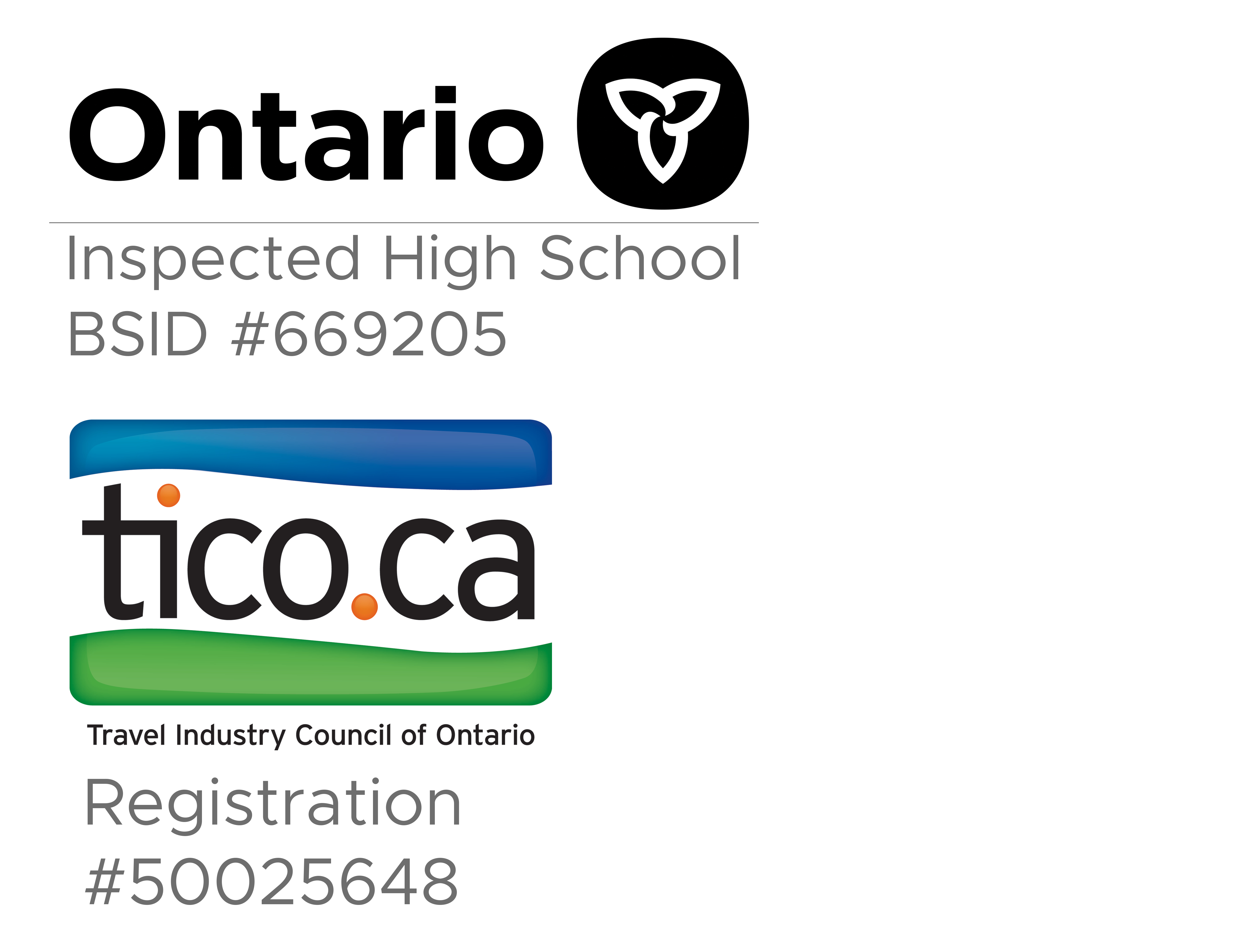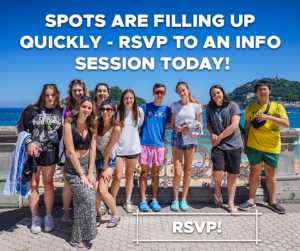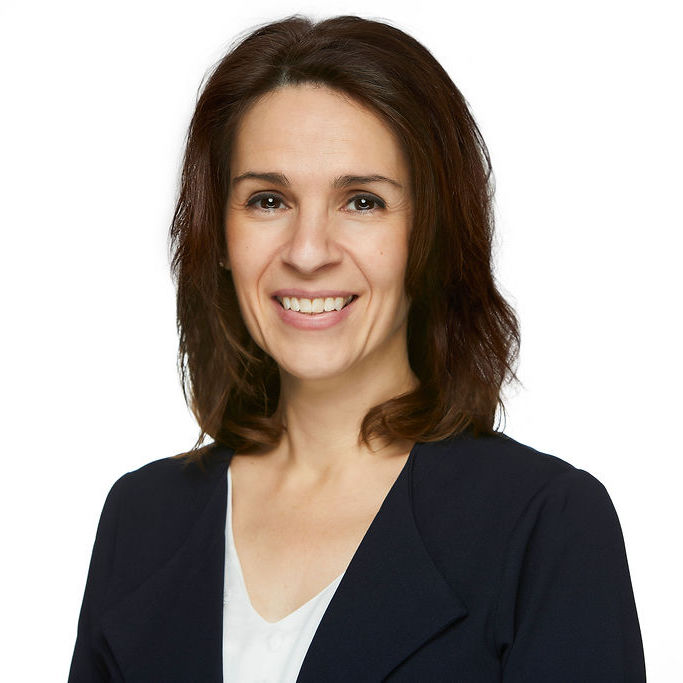Many students choose to study abroad, foregoing the traditional summer job for a season of learning in both technical and personal ways. There are many chances for experiential learning of Ontario courses, with diverse approaches taking students anywhere from Costa Rica to Australia. Deciding to study abroad is an investment in both money and time, and getting a return on that investment means digging into what each program offers. In this article, we break down the key factors to look for when comparing Ontario-based experiential learning programs.
Experiential Education: How to Assess Value
Deciding on your summer program starts with honestly assessing what you hope to gain. When assessing the merit of something experiential, it’s important to truthfully determine what you want. If you want a deeply interpersonal experience, your priorities will differ from the adventure of outdoor excursions. Someone planning to go into environmental sciences will likely have different priorities than an aspiring novelist.
Start by asking yourself how studying abroad is going to impact your future. You’ll carry the memories and experiences with you forever, using them to inform your later decisions. Analyze how you want the study abroad program to affect both your personal and academic future. As long as you take your time, you can savour the choosing process. The world is a big place, and structured summer programs let you explore it safely. While you’re looking at the options, be sure to keep the following metrics in mind:
Language: Learning and Skill Reinforcement
When travelling abroad, one of the main factors in your experience lies in how you interact with the local language. Sure, some destinations may rely on your native tongue, and if you plan to focus on other experiences, choosing a country that relies on a language you know can be a good approach. Determine how much of the program relies on linguistic ability to ensure that you have a positive experience abroad.
Conversely, you can plan to use the summer to enhance your language skills. Different languages enable students to see the world from the perspectives of others and become immersed in the culture without any translation confusion. It’s important to be genuine in your assessment of your language skills — but don’t let them hold you back. Look for programs that focus on communication or take a class in advance.
International Culture: Safety, Independence, and Education
Much of the reason experiential education while learning Ontario courses is so popular is the opportunity to discover new cultures around the globe. There are three aspects to assessing the value of a program in terms of culture:
- Activities and learning: Look at what the program has to offer in terms of excursions and classes. The idea of a study abroad program is to contribute to your resume while enhancing your abilities as a person. The best way to learn by experience is to balance structure with independence, with preset curricula that include academic interests and personal priorities.
- Safety and cultural expectations: Before you decide on a location for your study abroad journey, start by assessing whether the culture is compatible with you as a person. Each different area has unique expectations of character and laws specific to the region. Consider the regulations and political circumstances of the destination country.
- Opportunity for independence: Because no two people are alike, experiential learning through a study abroad program requires some room for self-discovery. The program should have sufficient supervision while still allowing participants to experience the area independently. Find a program that strikes a balance that’s comfortable for you.
Financing: Weighing Value Against Cost
A key factor in assessing whether the study abroad program works for you is the monetary aspect. It’s an investment in yourself, something that’s realized through the experience you gain. There are several financing opportunities, most notably in scholarships and awards. Another option is to save ahead of time through part-time employment. A major component of savings is to set a goal, so establish a price point that makes sense to you and your financial landscape. Use this as a benchmark metric for how much you plan to spend on the venture.
Be sure that the cost is worth what you get. You might be able to get an affordable experiential learning opportunity, but you may lose some valuable accommodations as a result. Investigate any extras, including support services, medical insurance, and supplementary excursions that the program includes. From housing to transportation, finding a program with a good value-to-cost ratio is paramount.
Time Constraints: Responsible Scheduling
Planning in advance can prevent any timing issues, ranging from getting your passport to completing your paperwork and prerequisite courses. In some cases, you may need to meet an age threshold to participate in the program. There are plenty of opportunities to study abroad within your schedule, provided you factor in time.
Some programs are shorter, freeing you up to meet any obligations at home. Others extend for longer but add benefits through the extra experiences. Consider how much time you want to put into the program. Spending 17 days in Whistler differs significantly from 24 days travelling in France. Opt for something that has a duration that suits your needs, in the month that suits you.
Be sure to factor in any supplementary expectations, including preparation and follow-through. A major aspect of studying abroad is confidence and responsibility. Ensure that you have the time available to you for all aspects of the travel program.
Concluding the Comparison
There is no shortage of ways to analyze and assess your study abroad choices. While prudence is key to responsible choices, studying abroad is all about experiential learning, and that means getting out there. Eventually, you need to take the leap and embrace the journey. So long as you go with a trusted and reputable organization and be honest about what you want, the world is at your fingertips.
For more information about how to select the perfect study abroad opportunities, call Global Summers Academy or send us a message here. Happy travels!














